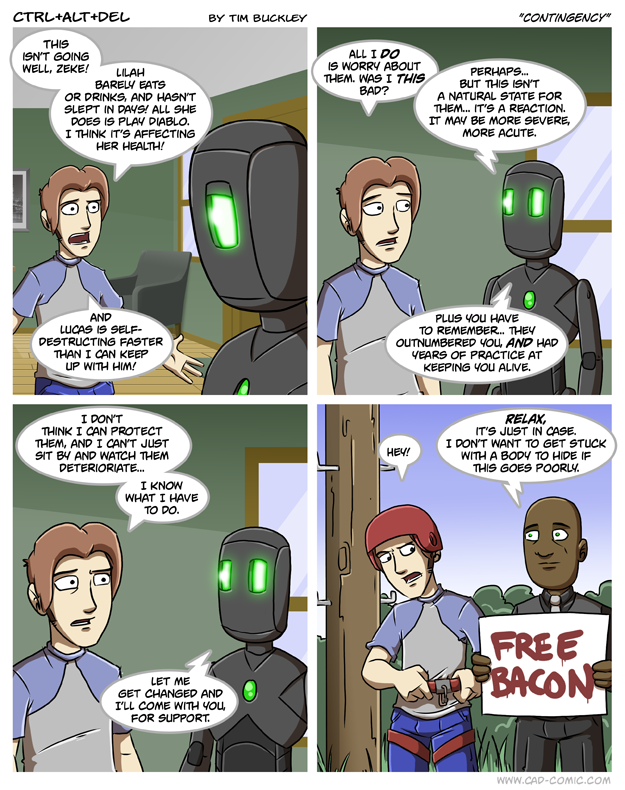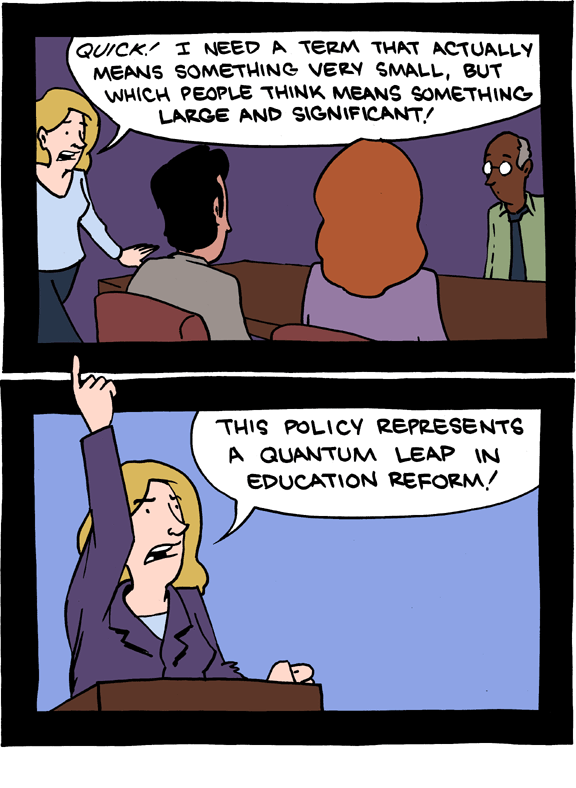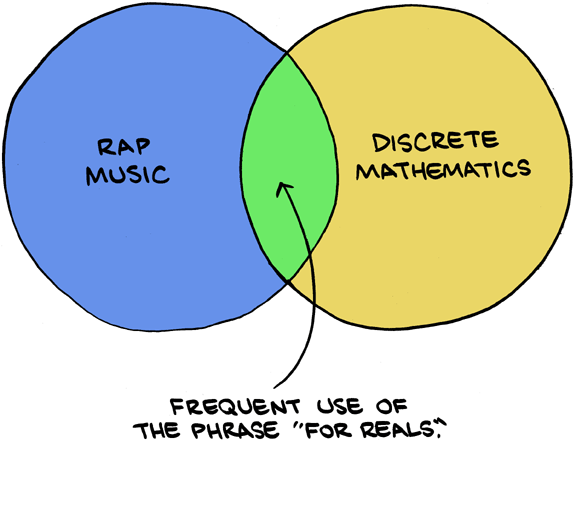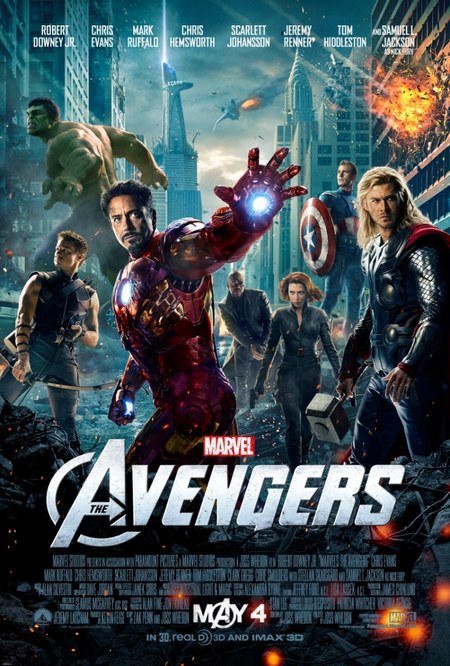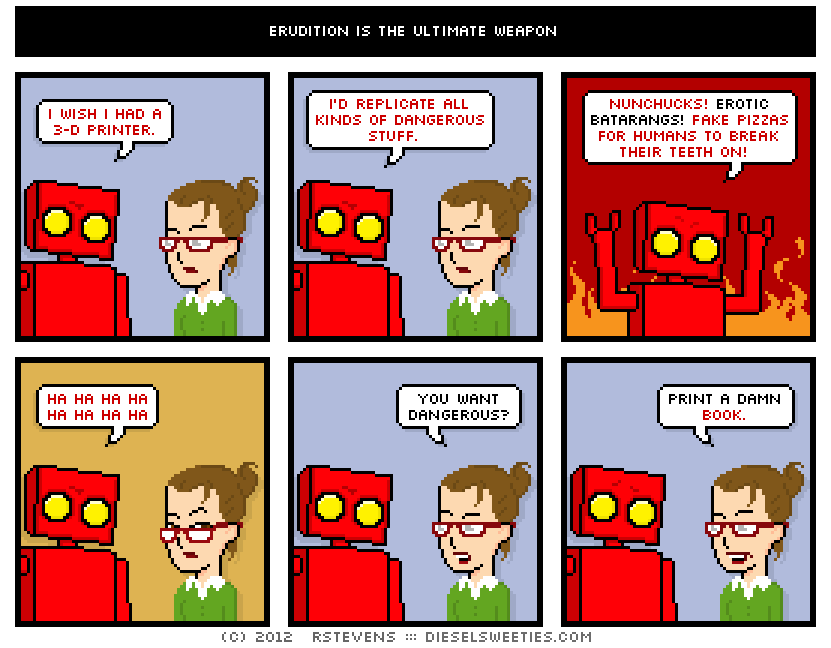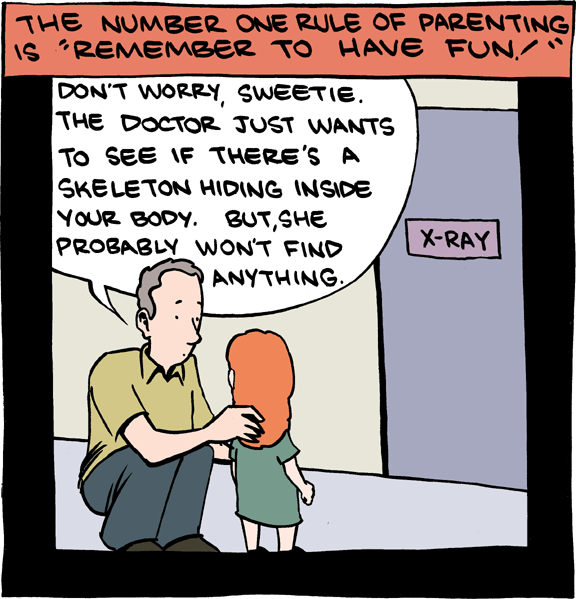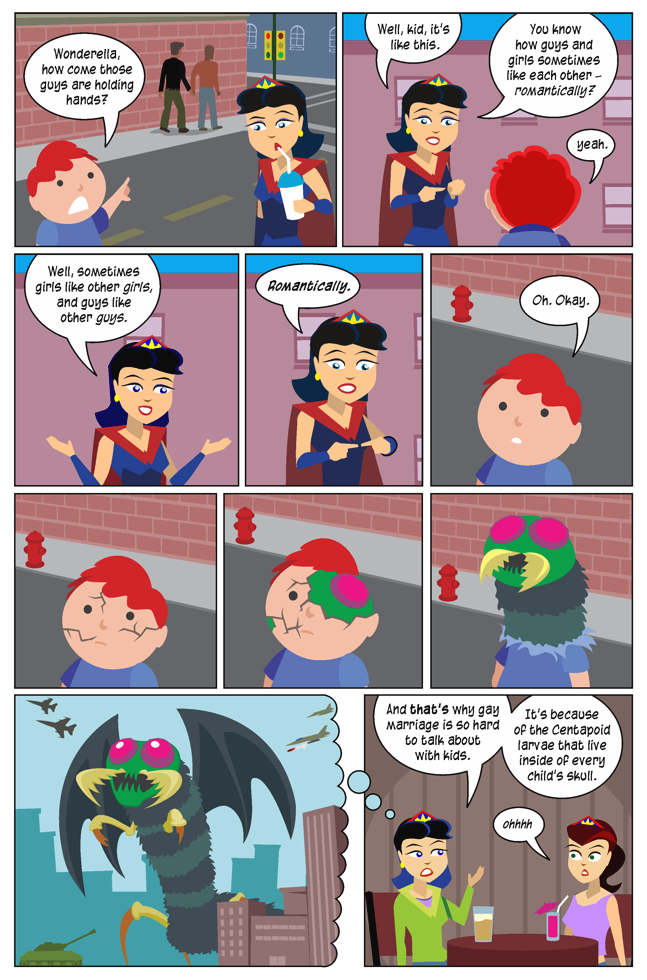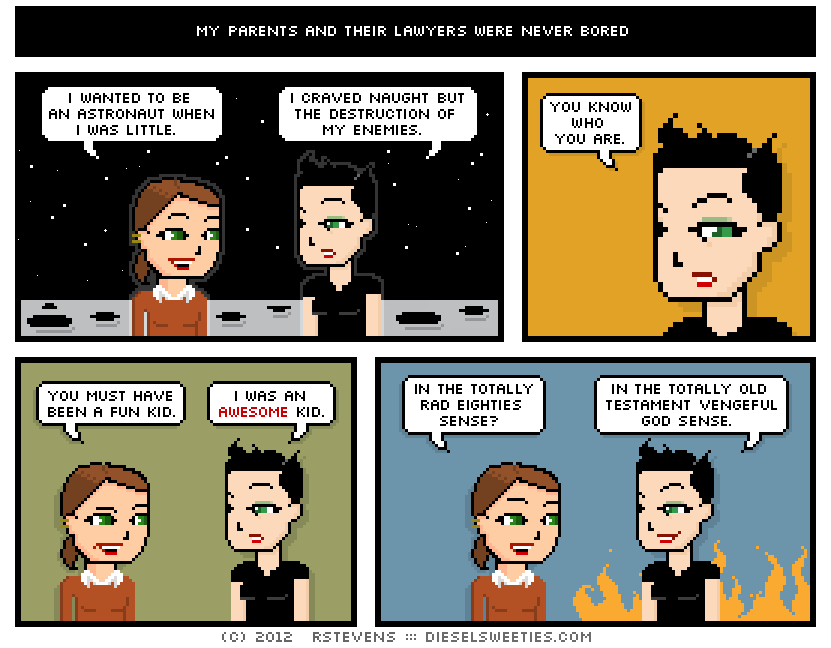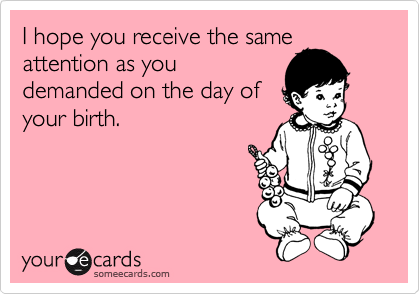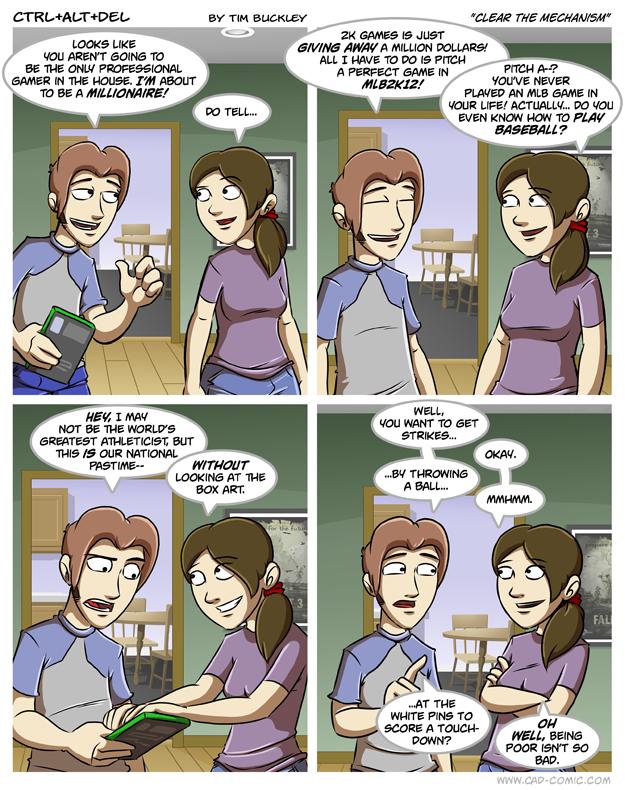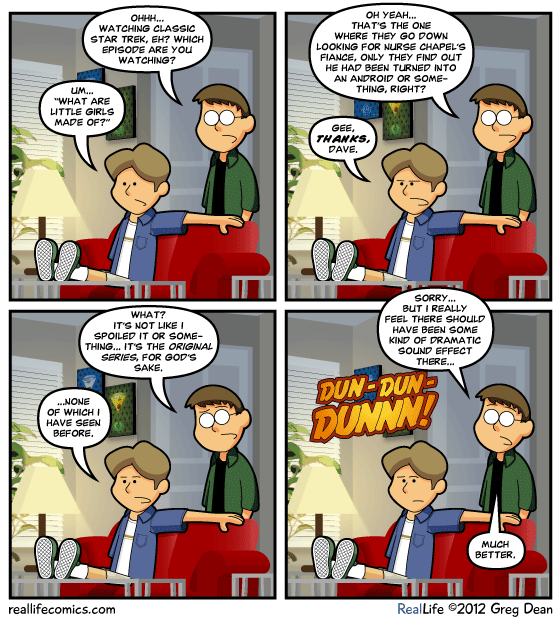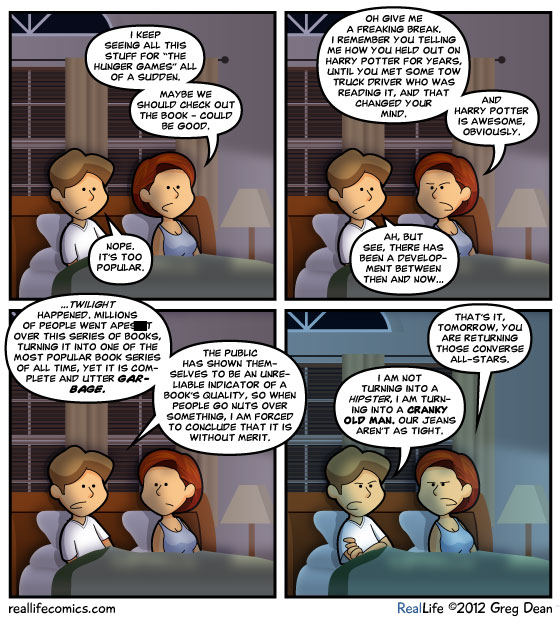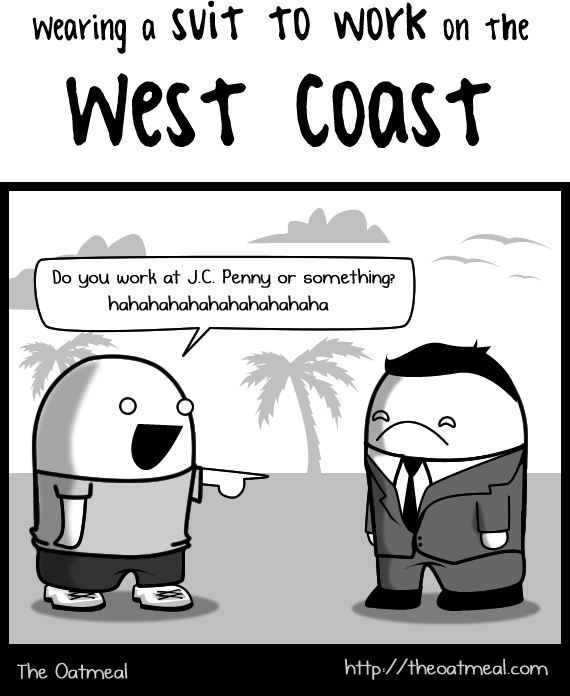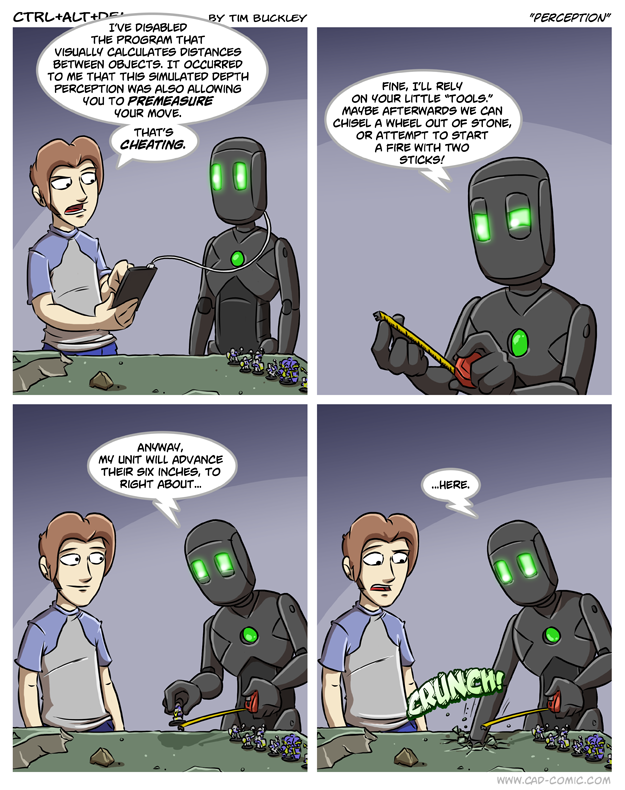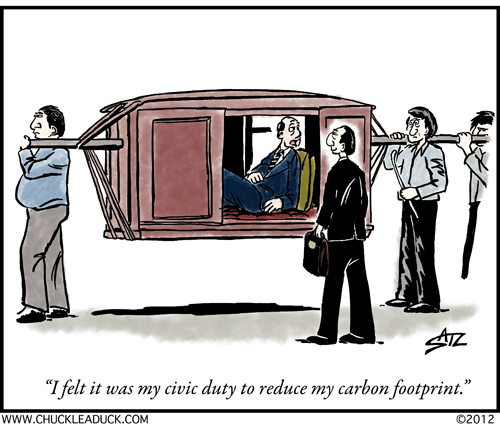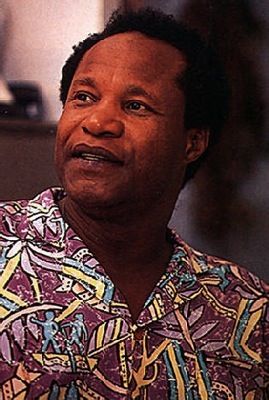Wednesday – 29 February 2012
Midweek. Check.
New comics day. Check.
Pasta and Movie Date Night. Check.
Leap Day. Check.
That’s right. It’s that one day we get every four years to balance out the calendar vs. earth’s orbit of the sun.
It also happens to be the birthday of my Aunt Mary and my Uncle Marion. Having a birthday once every four years? And I thought that having twins with different birthdays was awkward!
And, it’s apparently Superman’s birthday, too.
Last night, on the way home from work, I stopped at the local Best Buy to pick up a copy of Justice League: Doom, DC Animation’s latest release, based on the JLA: Tower of Babel story. (And, this is the last movie worked on by the late Dwayne McDuffie.) And, they were out of them. Well… at least the blu-ray, which I wanted. *sigh* So, I headed back home to hang out with SaraRules! and the girls before heading off to Guys’ Night Out. The girls went to bed fairly easily, allowing me a few spare minutes to run all over Hell and half of Georgia to a not-quite-so-local Best Buy. They had it.
Guys’ Night Out was good. Along with the usual suspects, we had a couple of new faces. Good food. Good beer. Good conversation. All the earmarks of a great way to spend an evening.
Chew on This: Food for Thought – Black History Month
Today’s item is: The Emancipation Proclamation, an executive order issued by United States President Abraham Lincoln on January 1, 1863, during the American Civil War using his war powers. It proclaimed the freedom of slaves in the ten states then in rebellion, thus applying to 3.1 million of the 4 million slaves in the U.S. at that time.
On September 22, 1862, Lincoln announced that he would issue a formal emancipation of all slaves in any state of the Confederate States of America that did not return to Union control by January 1, 1863. None returned, and the order, signed and issued January 1, 1863, took effect except in locations where the Union had already mostly regained control. The Proclamation made abolition a central goal of the war (in addition to reunion), outraged white Southerners who envisioned a race war, angered some Northern Democrats, energized anti-slavery forces, and weakened forces in Europe that wanted to intervene to help the Confederacy.
Slavery was made illegal everywhere in the U.S. by the Thirteenth Amendment, which took effect in December 1865.
The Proclamation applied only in ten states that were still in rebellion in 1863, thus it did not cover the nearly 500,000 slaves in the slave-holding border states (Missouri, Kentucky, Maryland or Delaware) which were Union states — those slaves were freed by separate state and federal actions. The state of Tennessee had already mostly returned to Union control, so it was not named and was exempted. Virginia was named, but exemptions were specified for the 48 counties then in the process of forming the new state of West Virginia, and seven additional counties and two cities in the Union-controlled Tidewater region. Also specifically exempted were New Orleans and 13 named parishes of Louisiana, all of which were also already mostly under Federal control at the time of the Proclamation. These exemptions left unemancipated an additional 300,000 slaves.
The Emancipation Proclamation was incorrectly ridiculed for freeing only the slaves over which the Union had no power. In fact 20,000 to 50,000 were freed the day it went into effect in parts of nine of the ten states to which it applied (Texas being the exception). In every Confederate state (except Tennessee and Texas), the Proclamation went into immediate effect in Union-occupied areas and at least 20,000 slaves were freed at once on January 1, 1863.
Additionally, the Proclamation provided the legal framework for the emancipation of nearly all four million slaves as the Union armies advanced, and committed the Union to ending slavery, which was a controversial decision even in the North. Hearing of the Proclamation, more slaves quickly escaped to Union lines as the Army units moved South. As the Union armies advanced through the Confederacy, thousands of slaves were freed each day until nearly all (approximately 4 million, according to the 1860 census were freed by July 1865.
While the Proclamation had freed most slaves as a war measure, it had not made slavery illegal. Of the states that were exempted from the Proclamation, Maryland, Missouri, Tennessee, and West Virginia prohibited slavery before the war ended; however, in Delaware and Kentucky, slavery continued to be legal until December 18, 1865, when the Thirteenth Amendment went into effect.
The Proclamation was immediately denounced by Copperhead Democrats who opposed the war and advocated restoring the union by allowing slavery. Horatio Seymour, while running for the governorship of New York, cast the Emancipation Proclamation as a call for slaves to commit extreme acts of violence on all white southerners, saying it was “a proposal for the butchery of women and children, for scenes of lust and rapine, and of arson and murder, which would invoke the interference of civilized Europe.” The Copperheads also saw the Proclamation as an unconstitutional abuse of Presidential power. Editor Henry A. Reeves wrote in Greenport’s Republican Watchman that “In the name of freedom of Negroes, [the proclamation] imperils the liberty of white men; to test a utopian theory of equality of races which Nature, History and Experience alike condemn as monstrous, it overturns the Constitution and Civil Laws and sets up Military Usurpation in their Stead.”
Racism remained pervasive on both sides of the conflict and many in the North supported the war only as an effort to force the south back into the Union. The promises of many Republican politicians that the war was to restore the Union and not about black rights or ending slavery, were now declared lies by their opponents citing the Proclamation. Copperhead David Allen spoke to a rally in Columbiana, Ohio, stating “I have told you that this war is carried on for the Negro. There is the proclamation of the President of the United States. Now fellow Democrats I ask you if you are going to be forced into a war against your Brethren of the Southern States for the Negro. I answer No!” The Copperheads saw the Proclamation as irrefutable proof of their position and the beginning of a political rise for their members; in Connecticut H.B. Whiting wrote that the truth was now plain even to “those stupid thick-headed persons who persisted in thinking that the President was a conservative man and that the war was for the restoration of the Union under the Constitution.”
War Democrats who rejected the Copperhead position within their party, found themselves in a quandary. While throughout the war they had continued to espouse the racist positions of their party and their disdain of the concerns of slaves, they did see the Proclamation as a viable military tool against the South, and worried that opposing it might demoralize troops in the Union army. The question would continue to trouble them and eventually lead to a split within their party as the war progressed.
Lincoln’s Gettysburg Address in November 1863 made indirect reference to the Proclamation and the ending of slavery as a war goal with the phrase “new birth of freedom”. The Proclamation solidified Lincoln’s support among the rapidly growing abolitionist element of the Republican Party and ensured they would not block his re-nomination in 1864
In the years after Lincoln’s death, his action in the proclamation was lauded. The anniversary of the Emancipation Proclamation was celebrated as a black holiday for more than 50 years; the holiday of Juneteenth was created in some states to honor it.
Stray Toasters
Namaste.
